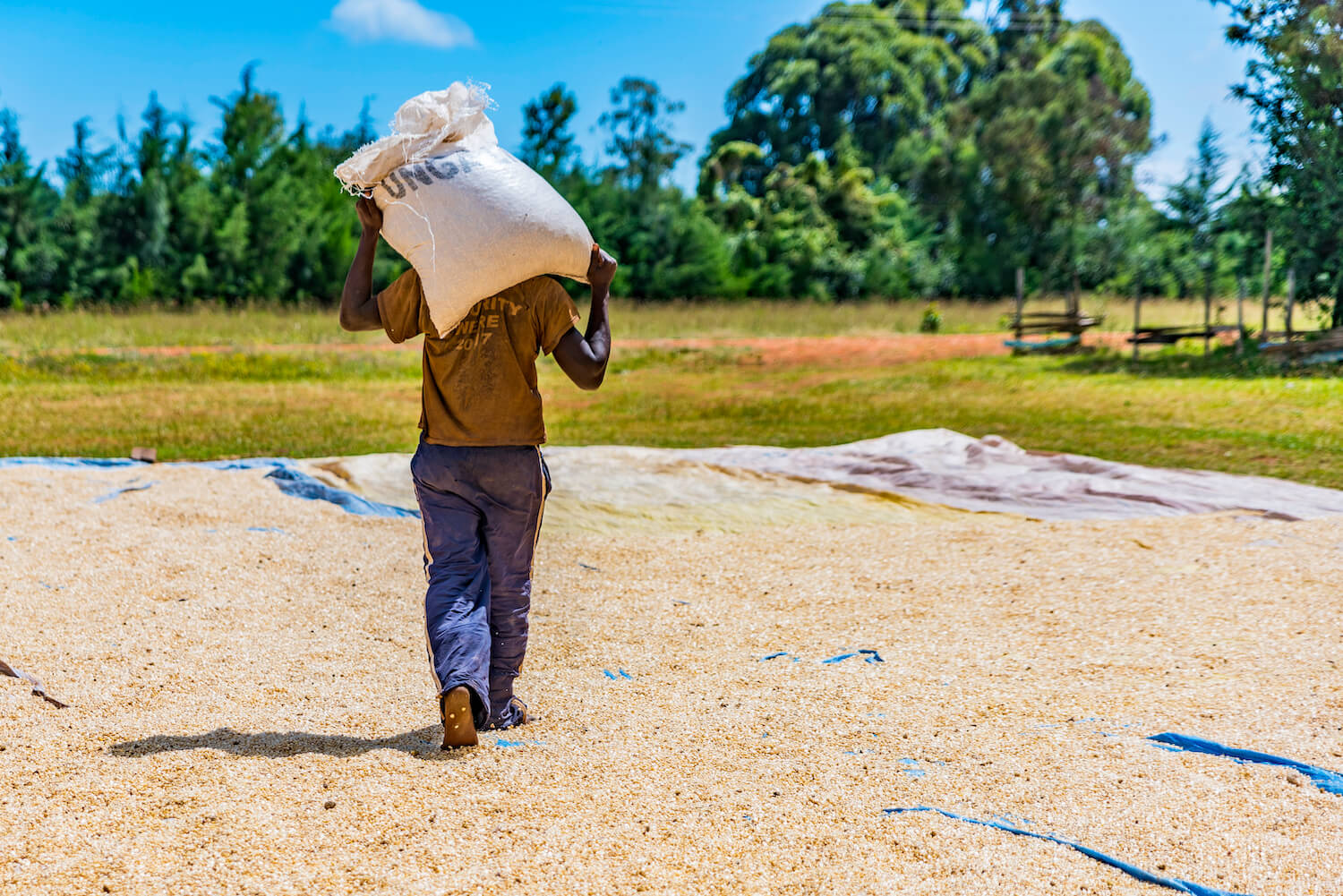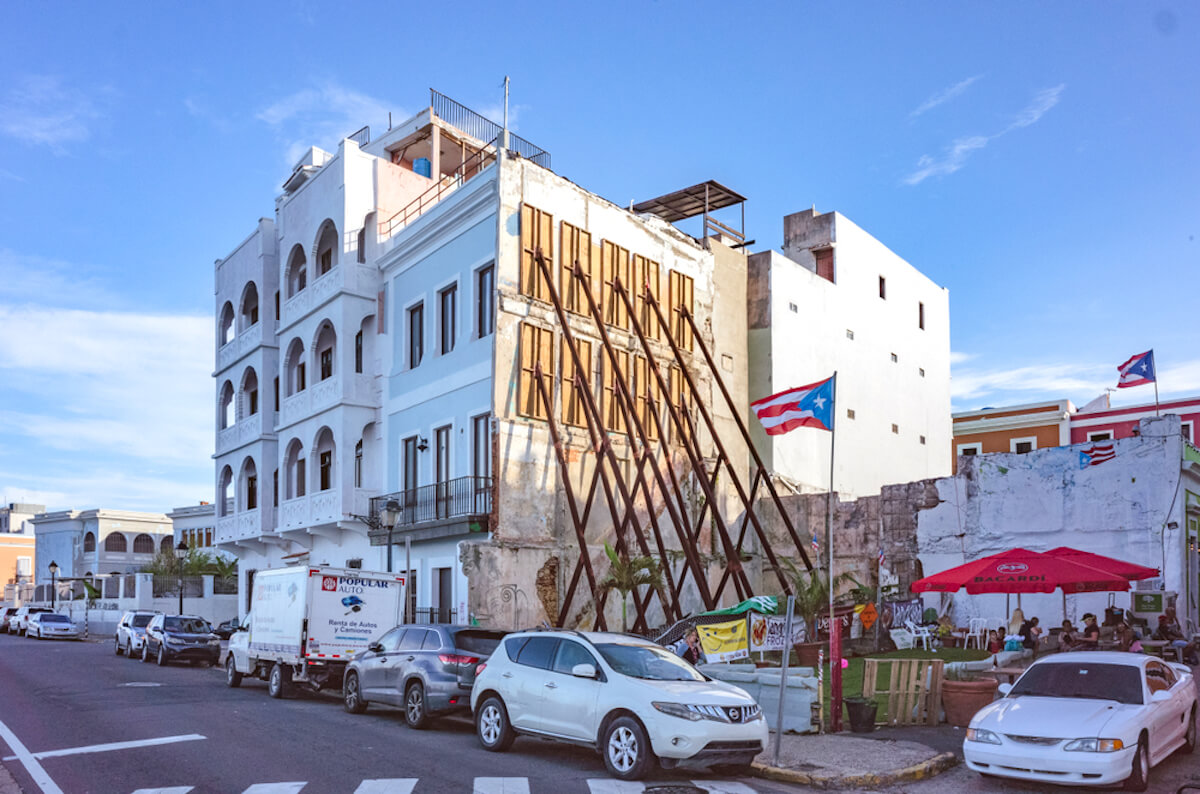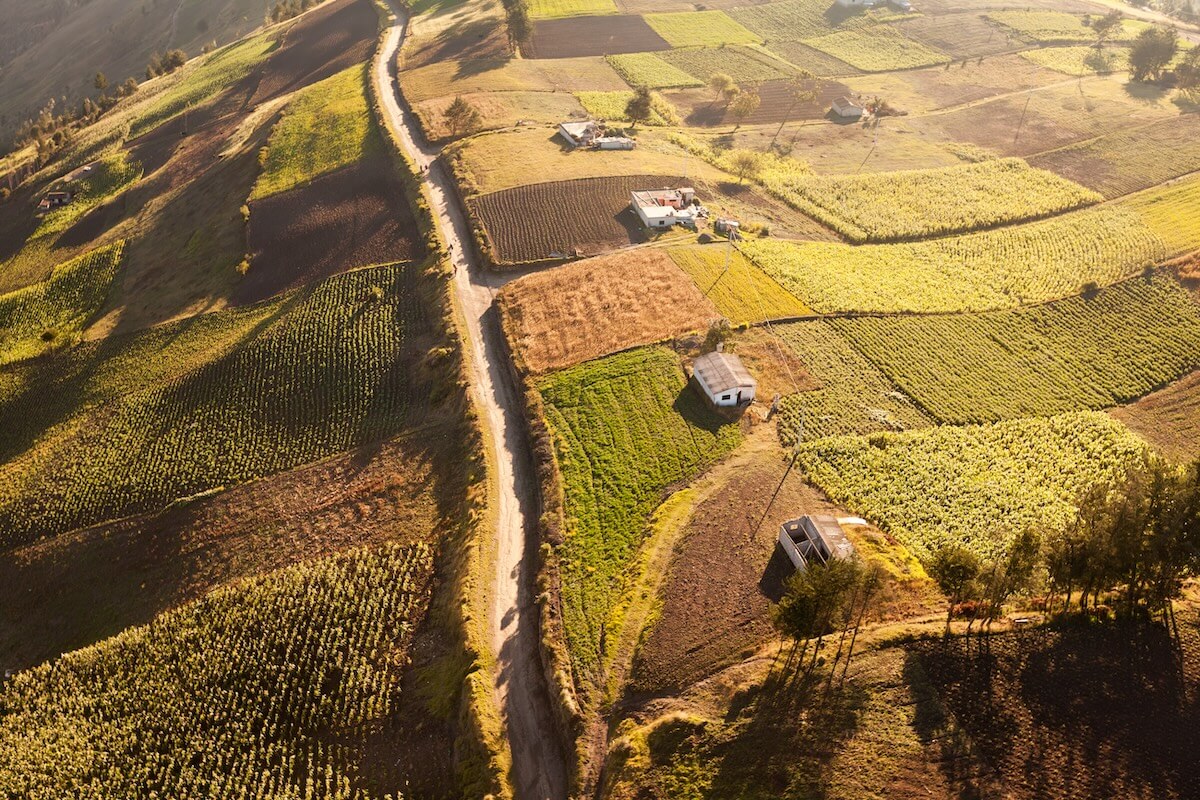ImpactAlpha, Oct. 13 – Aceli Africa provides a first-loss cushion of up to 8% to lenders as a way to spur them to back high-impact, and possibly higher risk, agricultural businesses that prioritize gender inclusion, food security and climate resilience.
With the consultancy Dalberg Advisors, Aceli will glean insights from 360 loans from 20 lenders to identify financing solutions for Africa’s estimated 33 million smallholder farmers, the backbone of the continent’s economy and food security. The model is looking to turn tens of millions of dollars in donor capital into hundreds of millions in smallholder lending (for background, see, “Smart subsidies for Africa’s high risk, low return smallholder finance”).
The research project is among 14 deep dives into the complexities of using such risk-tolerant, flexible, patient or concessionary capital that were greenlighted by the Catalytic Capital Consortium, or C3. The consortium was created by the MacArthur and Rockefeller foundations and Omidyar Network to expand the use of catalytic capital to achieve the U.N. Sustainable Development Goals and other impact objectives.
“Concrete information and evidence on capital gaps, intervention models, and tangible results can influence significant action by investors,” MacArthur’s Urmi Sengupta, Omidyar Network’s Chris Jurgens and Rockefeller’s Adam Connaker write in a guest post on ImpactAlpha announcing the grant awards. “The challenge now is leveraging and transferring existing experience to sectors where catalytic capital has not been widely available.” (Disclosure: C3 sponsors ImpactAlpha’s coverage of catalytic capital).
The awards, which total $2.2 million, aim to paint a picture of catalytic capital opportunities and gaps across a diverse range of geographies and sectors and were culled from 87 applicants in 17 countries. The grants are in addition to $1.2 million awarded in July to industry organizations developing best practices around catalytic capital. MacArthur has invested $110 million in 11 ventures and funds demonstrating the use of catalytic capital across sectors and geographies.
For example, Prime Coalition, a Cambridge, Mass.-based nonprofit, has received a C3 award to develop professional education course to its own lessons with other catalytic asset owners and intermediaries in deploying early, risk-tolerant capital into high-impact climate startups that could be deemed too early or risky for conventional investors. Since 2014, Prime has mobilized $100 million from 200+ philanthropic organizations for 24 early-stage ventures tackling high-impact decarbonization solutions, from low-cost battery tech to new methods of capturing CO2 directly from the air.
When Prime or any catalytic intermediary spots a capital gap, “The very first thing we have to do is characterize and substantiate the gap itself so we are building the right intervention hammer for that specific nail,” Prime’s Sarah Kearney told ImpactAlpha.
Prime will use its $200,000 award to partner with the Massachusetts Institute of Technology to analyze capital gaps in high-impact science and engineering innovation and build a framework to help practitioners decide when catalytic capital is appropriate.
Other focus areas:
Small businesses and smallholders. Worldwide, small and medium-sized enterprises represent about half of all employment, and an estimated two billion people depend on smallholder agriculture for income. The fund manager Investisseurs & Partenaires will dig into its large pool of transactions, funds and structures supporting SMEs in Sub-Saharan Africa. Open Capital Advisors, also operating in sub-Saharan Africa, will consult with small and growing businesses to identify opportunities and structural characteristics that improve catalytic lending.
Ashesi University and Impact Investing Ghana will explore strategies for mobilizing capital from domestic pension funds for small-business lending (see, “National advisory boards target local pension funds for small-business financing in emerging markets”). In India, 200 Million Artisans will document how catalytic capital can support micro, small and medium-sized handicraft producers.
Inclusion. The Institute for Multi-Stakeholder Initiative Integrity will illuminate the role of catalytic capital in driving employee ownership. New Growth Innovation Network will look at the use of catalytic capital to close wealth gaps in Black, Indigenous and communities of color. First Peoples Worldwide, a Native-led program at the University of Colorado, will study the impact of catalytic capital on Indigenous entrepreneurs and enterprises.
Unintended consequences. The Center for Financial Inclusion, a think tank, will explore how catalytic capital spurred the development of a thriving digital credit industry – and the ways it may have exacerbated inequities for low-income populations (for background, see, “Investors called to account for fintech lending practices as debt-traps emerge”). The research aims to “shape guardrails for investors and other financial inclusion stakeholders across country markets as they crowd in capital and fuel market development.”











